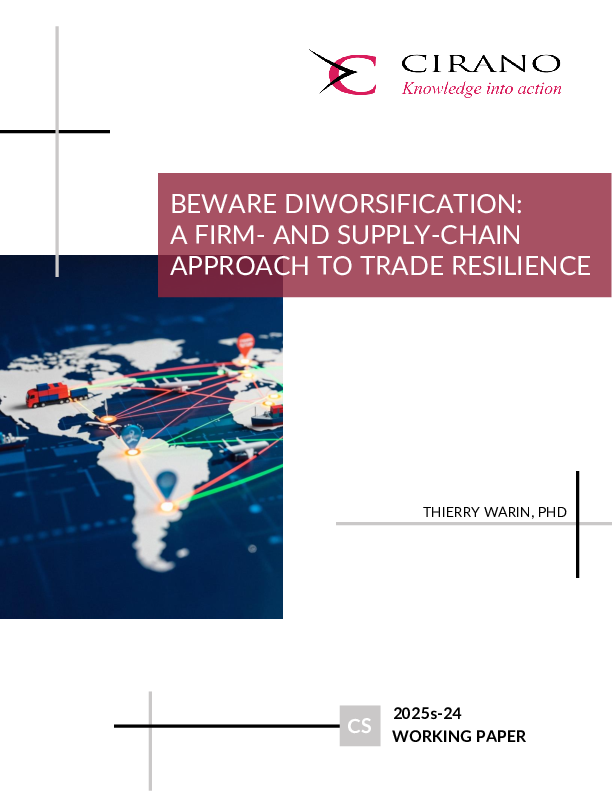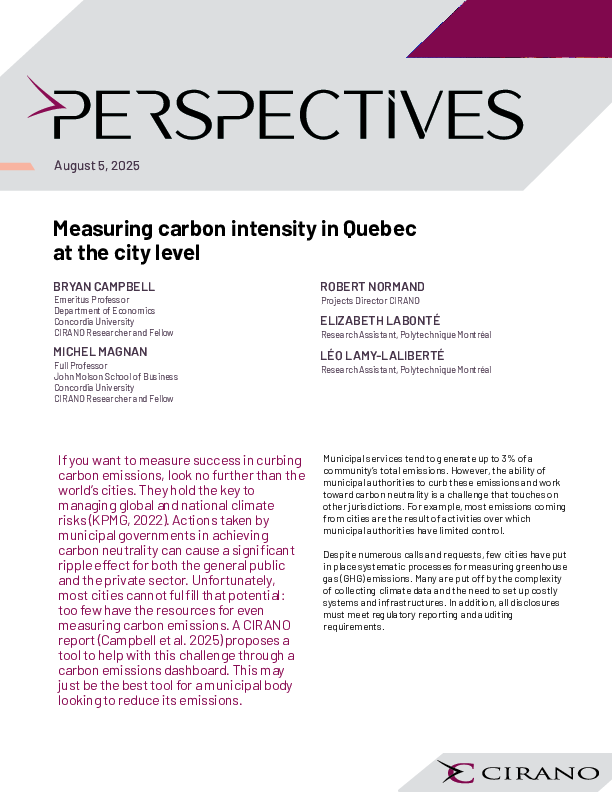Environmental Auditing in Management Systems and Public Policy
New international standards for environmental auditing are now being actively promoted by public authorities and adopted by private firms. One important feature of these standards is their emphasis on managerial systems and incentives that support a wiser use of environmental resources. This paper studies such a system, in which incentive compensation may be based in part on the results of an environmental audit. It is found that optimal wages after an environmental audit is performed should have a greater range than wages paid when no audit has occured. It is also shown that the decision to conduct an environmental audit and the size of the expected wage in this case depend crucially on whether the agent's prudence (or precautionary motives) dominates or not his aversion to risk. It is finally found that the insertion of environmental audits within current management systems would certainly induce a manager to care more about the environment; moreover, although this may come at the expense of less concern for other activities, we find plausible circumstances in which properly designed environmental audits overcome such a tradeoff and increase the manager's attention to both environmental and traditional tasks. The public policy maker's role and interest in promoting environmental auditing standards is also discussed briefly.
[ - ]




